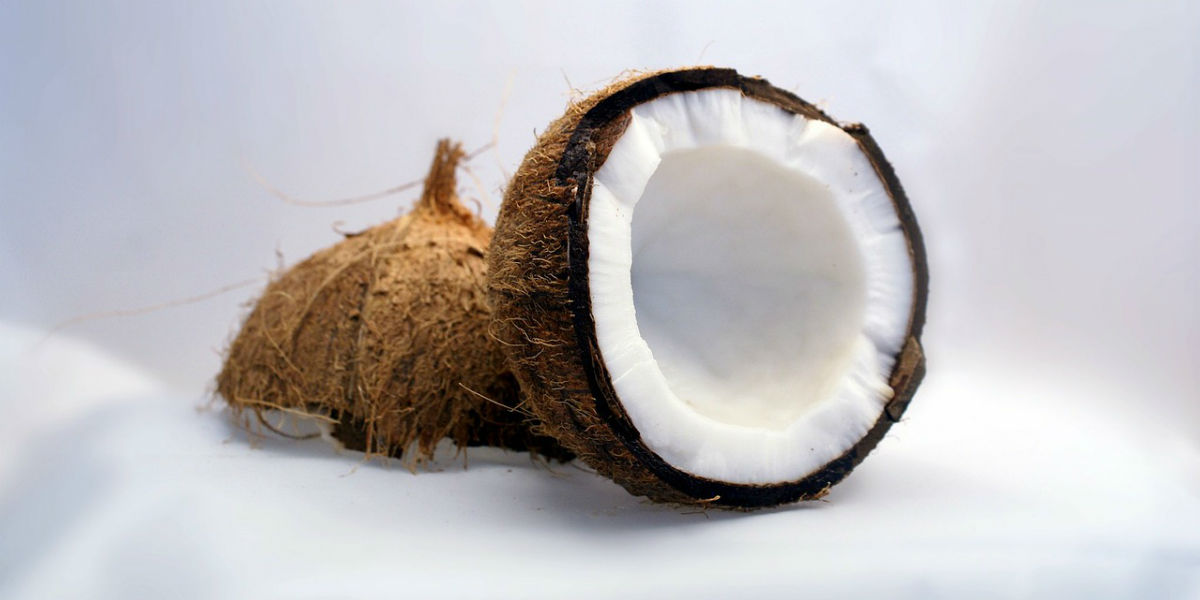Until the 20th century, oil extracted from meat, fish nuts and olives were the major edible oils. With the advent of technology in the 21st century, however, these oils were phased out to make way for newer edible oils in the market. Soon, oil extracted from animal fat was considered unhealthy.

Interestingly, however, no solid evidence has really been found that proves oils extracted from fat and meat causes any major diseases. Rather, new evidence proves that consumption of sugar is the primary source of several ailments.
The usage of oil started around two hundred thousand years ago, where the fat from fish and meat played a significant role in human evolution. It was believed that oils extracted from fish helped in the development of the brain.
Around ten or twelve thousand years ago, when agriculture and animal husbandry embarked, the meat of cattle, pig and other domesticated animals formed a major part of the human diet and the fat of the meat was used as edible oils.

As the cultivation of olive flourished in the Mediterranean, around 6000 years ago, olive oil was widely used as edible oil; while the groundnut, grown in South America, was used to extract groundnut oil. The use of coconut and its oil were also discovered around four thousand years back. In India and Mediterranean, the use of gingili oil was common; while palm oil was widely used in Africa .
With the advent of food manufacturing, food processing technology, the food consumption pattern began to slowly change.
Cincinnati, also known as Porkopolis, was well-known for piggery and manufacturing of pig products. It was in Cincinnati that a new alliance was formed between the families of a pig fat candles manufacturer and a soaps manufacturer; the marriage resulted in the formation of a new company that began a new trend in edible oil.
Soon pork fat was replaced and soap was now manufactured using palm oil and coconut oil. The new company experimented with processing cotton seeds and found that the edible oil extracted was as thick as the pork fat oil.
But did you know that cotton seeds were considered waste products in the 1860s and was widely used as manure by the 1870s? However, by 1910, the fate of cotton seeds was to change forever, it was now used for the extraction of edible oil!
This new variety of cheaper vegetable edible oils and soaps gained huge popularity in America, making the company a success. The company started manufacturing several products, right from candles to edible oils and worked its way up to become the world’s largest multinational company.
Its production technology was updated and cotton seeds were replaced by sunflower, soya, maize, rice bran and safflower. Now, extracting edible oils from maize and rice and newer sources required heavy processing so as to effectively to squeeze oils from these seeds, nuts, husks and bran. This process of squeezing raw material is done under a high pressure and tremendous temperature, but this method also releases harmful oxidants and trans fatty acids.
An alkali process then removes fatty wastages and gluten and the oil is then inter blended with petro oils and bleached in order to crystallize the colour of the oil. This oil is finally, supplied to consumers in attractive packets as healthy oils.
But did you know that these new brands of edible oils include polyunsaturated fatty acids of omega 6 category that are considered to be very harmful to a human body?
Companies that manufacture these edible vegetable oils, however, still propagate that the new brands of edible oils are good for health and instead started terming coconut oil and oil obtained from the animal as unhealthy.
The American government, doctors and the media started believing such views and the US food guideline eventually endorsed the usage of edible vegetable oil.

So while the saturated fat of meat, egg, coconut oil that contain omega 3 fatty acids help in growth of the human body, the omega 6 acids found in newer oils can be detrimental to our health.
Today, the proportion of omega 6 fatty acids in recent edible oils has increased and during the last three decades obesity, diabetes, hypertension, cancer, and heart diseases have increased because of these new edible oils. Excess consumption of omega 6 acids causes ailments like asthma, eczema, uterus endometriosis, depression, suicidal syndromes etc.
Maize, sunflower and soya seeds oils releases an enormous quantity of aldehyde composites that cause deadly illness. While edible oils like butter, pork derived fat and olive oils contain less proportion of aldehyde composites. Coconut oil contains an even less proportion.
Reports like the American food guideline of 2015, the Indian school children food guideline published in October 2015 and WHO’s report and Food & Agricultural Institutions have all suggested restraining the usage of these oils. However, there is no concrete evidence to declare that the saturated fatty acids are unsafe.
Fats and oils are essential for a human body, they help in our growth, utilisation of energy, brain communication, hormonal functions, inflammation continuance, immunity, reproduction etc, but this nutrition is lost in the newer brands of edible oil.
